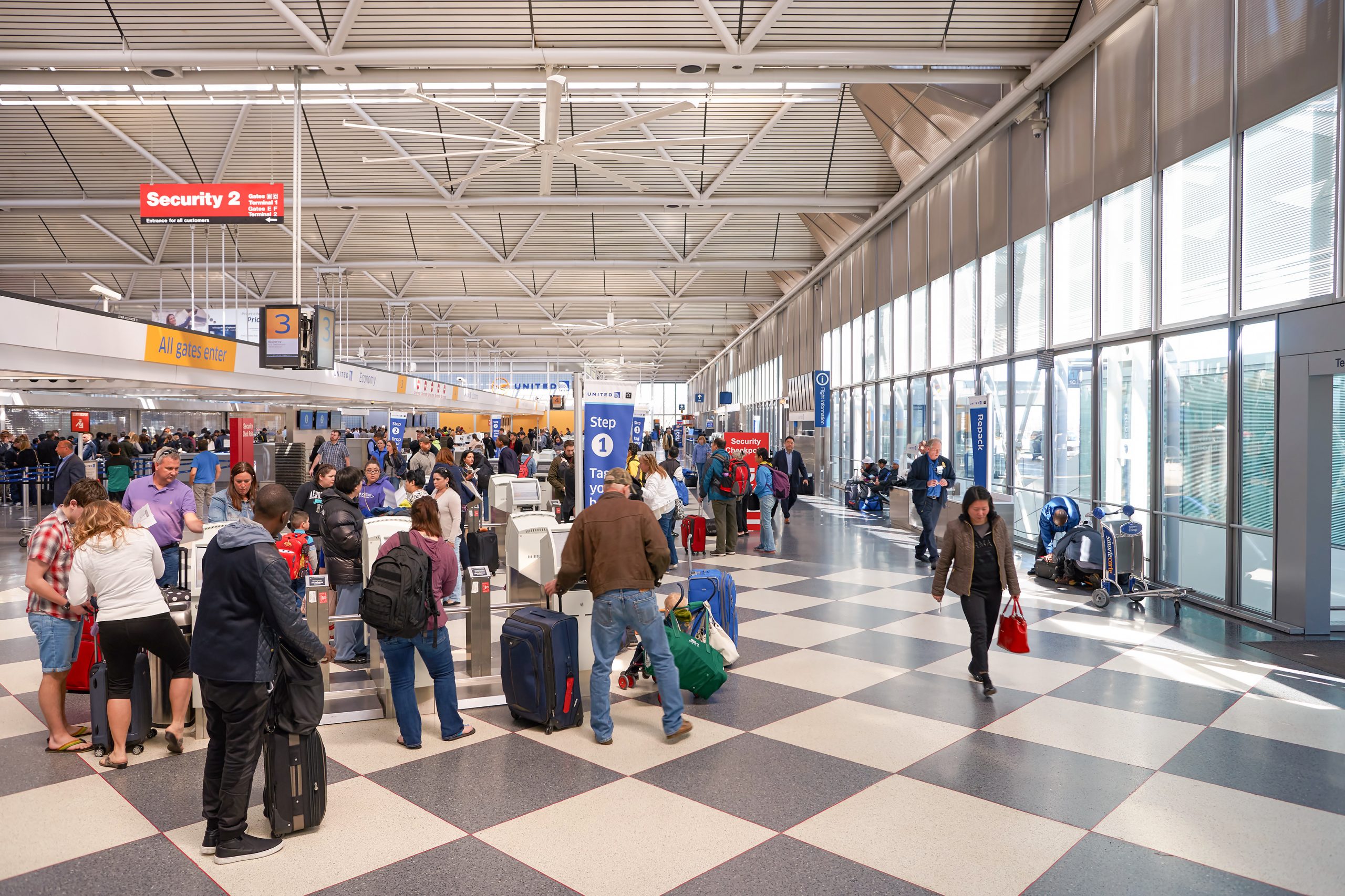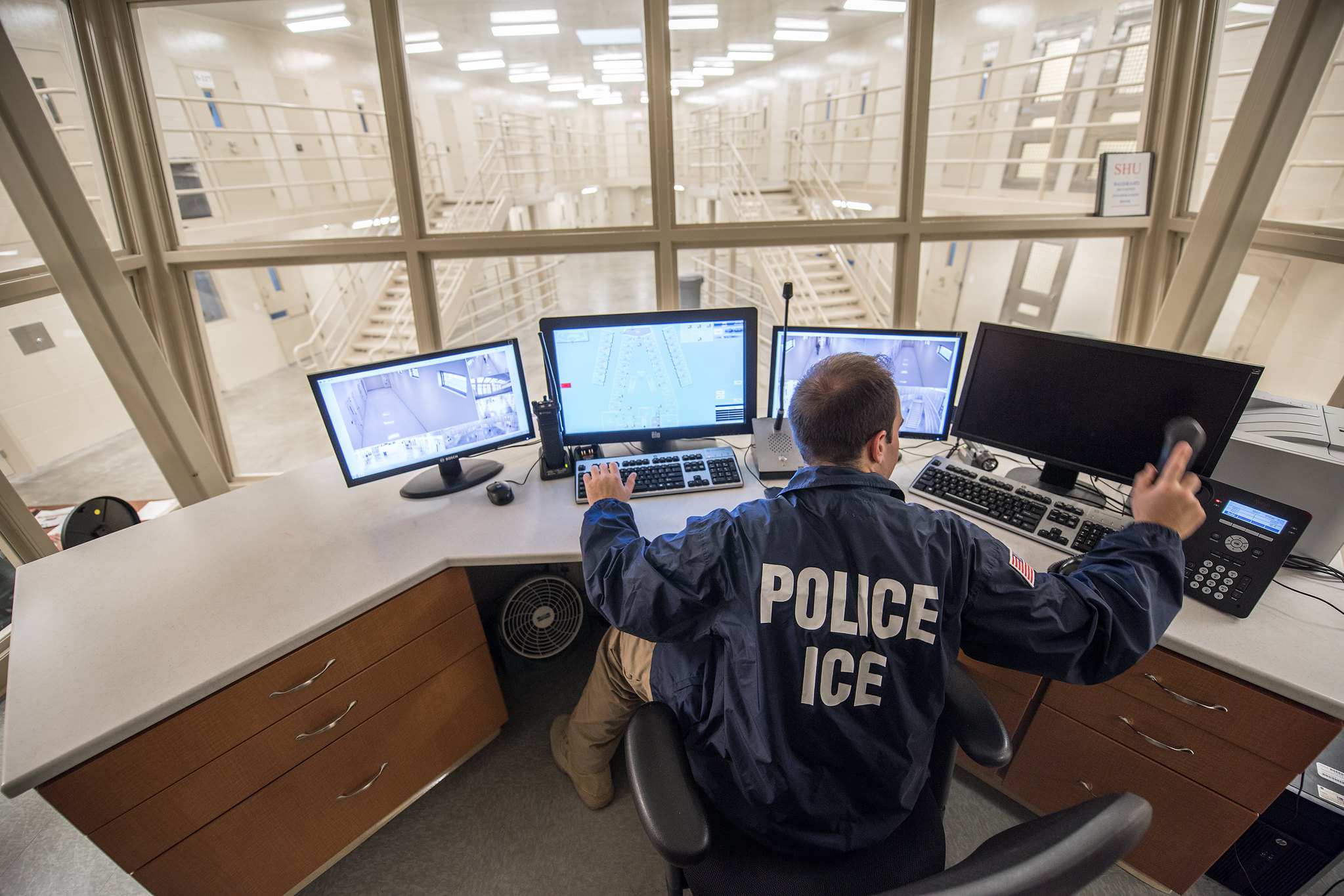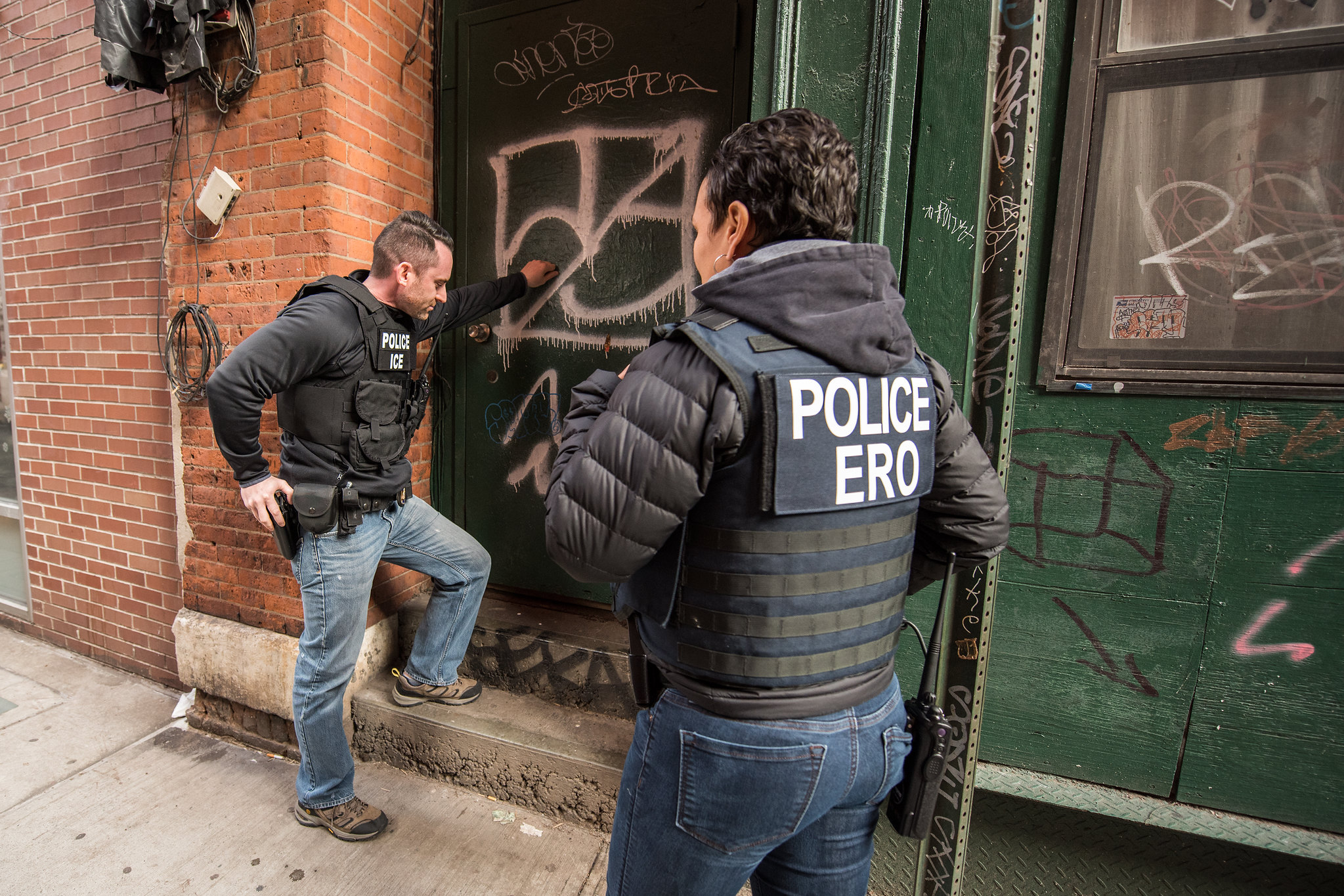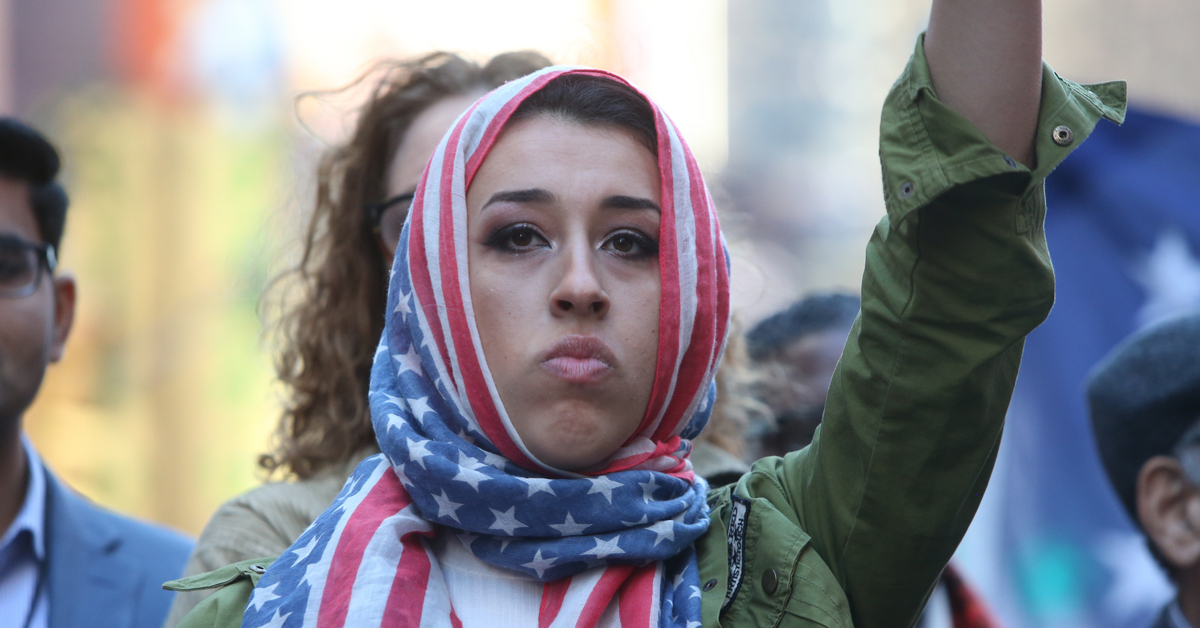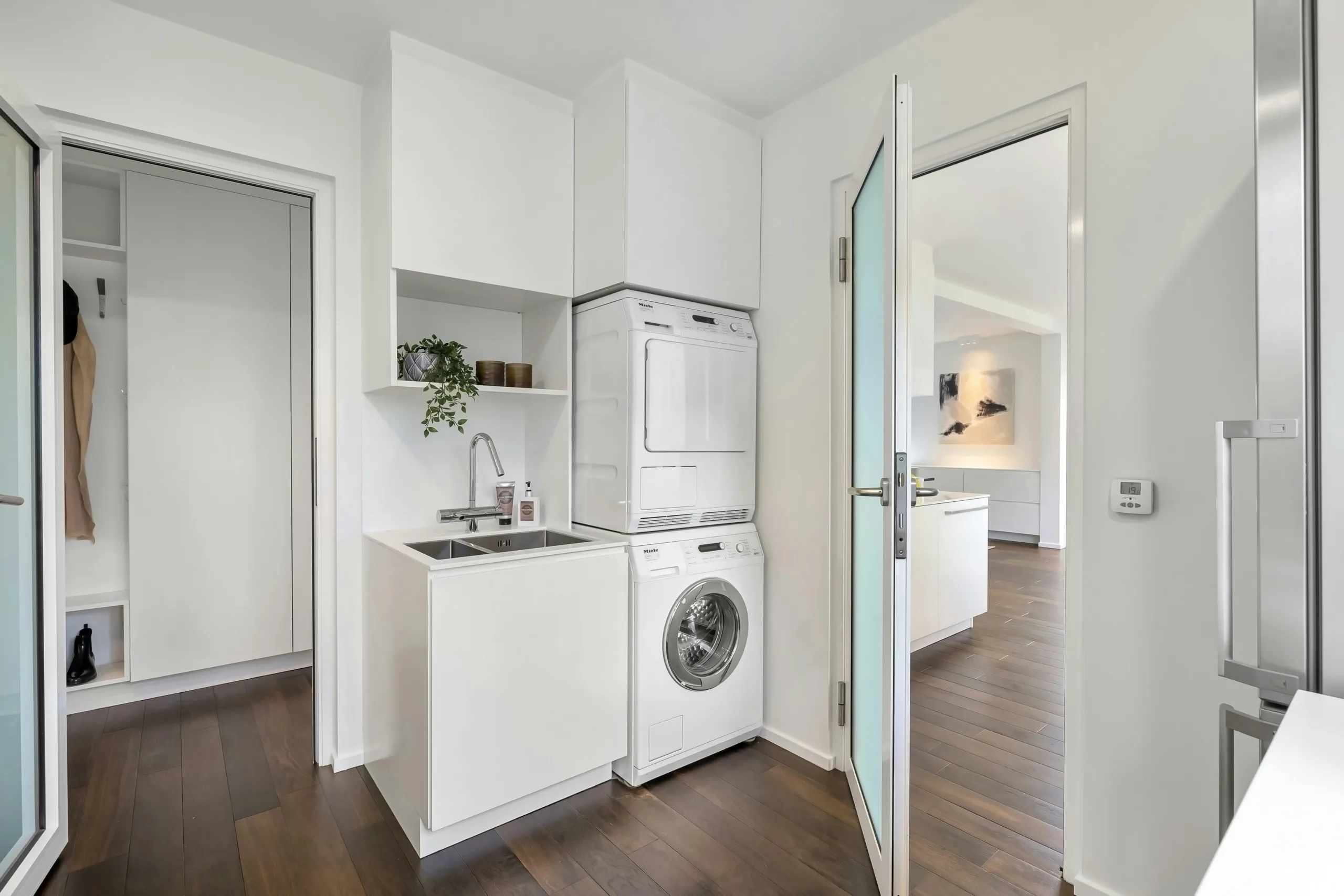Yan Cheng never thought such an immigration nightmare was a possibility. What was supposed to be a short holiday away from China, has led to her family’s inadvertent political asylum in the United States. And that was only after her husband was locked up in an American jail for four months. Now, they can’t return safely to China for years.
The Chengs are an upper-middle class family, who own a soft drink company in Beijing. They had previously never had any interaction with law enforcement in China or in the U.S. When they arrived at Chicago O’Hare International Airport on April 17 there was no reason for them to think this could change. They had valid visas except for Kevin, their 3-year-old youngest son, who is a U.S. citizen. The names of the Cheng family have been altered upon their request to protect their family members in China.
Their torment began the moment they came off the flight bridge and were intercepted by port-of-entry officials for an interview. What seemed to be a regular procedure with cookie cutter questions, which seemed reasonable given the extraordinary COVID-19 pandemic circumstances, soon escalated to a prolonged interrogation that lasted about eight hours. In the end, the visas of the Chengs were revoked. Cheng’s husband Lindong was detained for four months in an immigration jail. Not only that, the facility had no staff member who could talk to him about his numerous health issues in Chinese, the only language he speaks.
The family has now been granted political asylum, a term they had barely heard of until it was mentioned by the immigration officials during the interview, something they never wanted and has now destroyed their comfortable middle-class life.
“All of this was completely out of our expectations,” said Cheng. “We only planned to stay here for two months as tourists. And for a while, I thought my husband couldn’t walk out of that jail alive.”
Also Read: Growing USCIS Backlogs Could Be Worsened by Spending Cuts
The Chengs are not strangers to the U.S. At the end of 2017, Yan Cheng delivered Kevin in a hospital in Los Angeles, because having a third child would bring her and her husband punishment under China’s family planning laws. At the beginning of 2016, China got rid of its one-child policy but now only two were allowed. But the family had never thought to move to the U.S. The couple took the baby back to China a month after he was born.
In the summer of 2019, the family came to New York and visited the headquarters of the Jehovah’s Witnesses. They had joined the church in China secretly after being introduced to it by an Australian couple teaching English in China.
The following January, they left China for a vacation.
“We just wanted to spend some time in Japan,” said Yan Cheng. “And then COVID 19 was getting worse in China and Japan started to see positive cases too. So we flew to Australia after spending 20 or so days in Japan, and then the pandemic started hitting Australia.”
The family, having booked plane tickets from Australia back to Beijing on April 30, was now worried that it would be dangerous to return to their homeland. Then they thought of the U.S. as a possible sanctuary, as they thought Washington would be more transparent in providing information about the problem than Beijing.
By mid-March, President Donald Trump had banned immigration and visitors from China and the Schengen countries in Europe from entering the U.S. with the exception of the parents and minor siblings of minor U.S. citizens. Cheng, who speaks English, called the U.S. Consulate in Perth, Australia to make sure the family qualified for entrance given Kevin’s citizenship. The answer was yes. So the Chengs booked their flights to the U.S.
Their destination was New York, where they have friends. But there was no direct flight from Perth to New York at the time and they had to transfer in Chicago. They planned to stay for two months, hoping the virus would be gone by then and they would be able to go back to China. But flights from the U.S. to China were suspended, so they were not able to book the tickets back to Beijing.
Although theoretically, a valid visa doesn’t guarantee entry, and Customs and Border Protection officials at the airport have the discretion to make a final decision, such rejections are rare. “I’ve never seen a case like this in my more than 30 years career as an immigration lawyer,” said Theodore Cox, a New York-based lawyer who represented the Chengs.
It was after the family was questioned about their reasons for coming to the U.S. the border officers told them their fear of going back to China because of the pandemic may have made them eligible to apply for asylum. “We didn’t know what asylum means,” said Cheng. “But there were no other options. No flight back to China whatsoever.”
Also Read: ICE Filed Over 100,000 New Cases and Clogged the Courts at the Peak of the Pandemic
So they said yes, hoping this thing called “asylum” could at least allow them to stay in the U.S. for two months until the pandemic was over. Thus, Cheng and the children were paroled out and settled in a hotel in Chicago while her husband was placed in the McHenry County Adult Correctional Facility about 50 miles from the city. “I thought it would be just a few days,” Cheng said. “But when he finally came out of the jail, he had lost a lot of weight, he looked like he had shrunk and his hair was so long. He looked like a different person.”
Neither the Chengs nor Cox know exactly what triggered the red flag at the airport. “April 17 was the height of COVID, and most non-citizens were barred from entering the U.S. at all. This family fit the narrow exception of a family with a U.S.-born minor child,” said Cox. “I’m sure very few people attempted or did enter on this narrow exception. And the hype about the ‘Chinese virus’ could have been a factor. All of this is speculation.”
Even before he was jailed, Lindong Cheng already had some health issues–an inherited high blood pressure, prolapsed anus, severe allergies, depression and sleep disorders. All of these were exacerbated in jail where his blood pressure reading upon arrival was 230/100, according to court documents in his asylum case. Lindong was not able to ask for a doctor because of language barriers. For a while, the doctors the jail arranged for him tried to communicate with him via Google translate, which didn’t work well. Lindong was given 10 to 15 pills a day for his health conditions with no explanation in Chinese about what they were, according to his wife and court documents. He didn’t even know he had the right to refuse to take the pills.
The pills made him dizzy, short of breath and gave him headaches. He was quarantined in early May and put on COVID watch (he didn’t have it). After his lawyer complained, Lindong got a new doctor and a telephone interpretation service in late May.
But more than one attempt to get Lindong out of jail based on his medical needs were turned down. In one of the decisions in June, a judge found the jail had tried to provide necessary medical care and had not been “deliberately indifferent” to Lindong’s health or safety.
Also Read: How the Immigration Courts Malfunctioned: What We Saw
The Department of Homeland Security didn’t respond to a request for comment. A spokesperson for U.S. Immigration and Customs Enforcement (ICE) did not comment on the case in particular, but cited the law that requires ICE to “take reasonable steps to provide language assistance to limited English proficient (LEP) persons” and said, “These services apply to McHenry County Adult Correctional Facility.”
When Lindong was in jail, Cheng often only slept three hours a day while she tried to navigate the American legal system and, at the same time, sought to calm down her children who didn’t know exactly what had happened to their father. They quickly accumulated costs of staying in a hotel and legal fees started to burden even this well off family. Their hardship prompted their lawyer, Cox, to even provide some services without charge.
What made her more sleep-deprived was that not long after Lindong was taken away, Cheng heard from Lindong’s parents in a phone call that the police in China came looking for him. The police were seeking to question him about allegedly spreading disinformation against the government. While traveling, Lindong had used the social media app WeChat to resend posts on Twitter privately to relatives in China, but the government monitors the platform closely. The messages alleged that the coronavirus was made in a lab in Wuhan and that the Chinese government was trying to cover it up.
On August 12, an immigation judge decided to grant asylum to the Chengs based on the threat from the authorities in China and their religion, which also makes them a target for possible persecution back home.
The next day, when the children learned their father was coming back, they were too excited to go to bed. Julia, the oldest one who is 11, prepared a toothbrush, pajamas and slippers for Lindong. And Kevin, the youngest, who, during the past few months would murmur “daddy is flying away” whenever he saw a plane in the sky, froze when Lindong walked into the room. “He couldn’t recognize his daddy immediately,” Cheng said.
On Oct. 1st, the Chengs spent the mid-autumn festival in New York where they have now settled. It is a traditional holiday when Chinese people are supposed to gather with their extended families, but getting political asylum means the family cannot go back to China for a long while. Lindong, to this date, still cannot talk about his experience in jail without suffering a meltdown.
“I think American courts are fair, but the law enforcement are too chaotic during the pandemic,” said Cheng. “The thing I really don’t understand is why in a country that cherishes human rights, a person can live like a scared animal in jail.”
